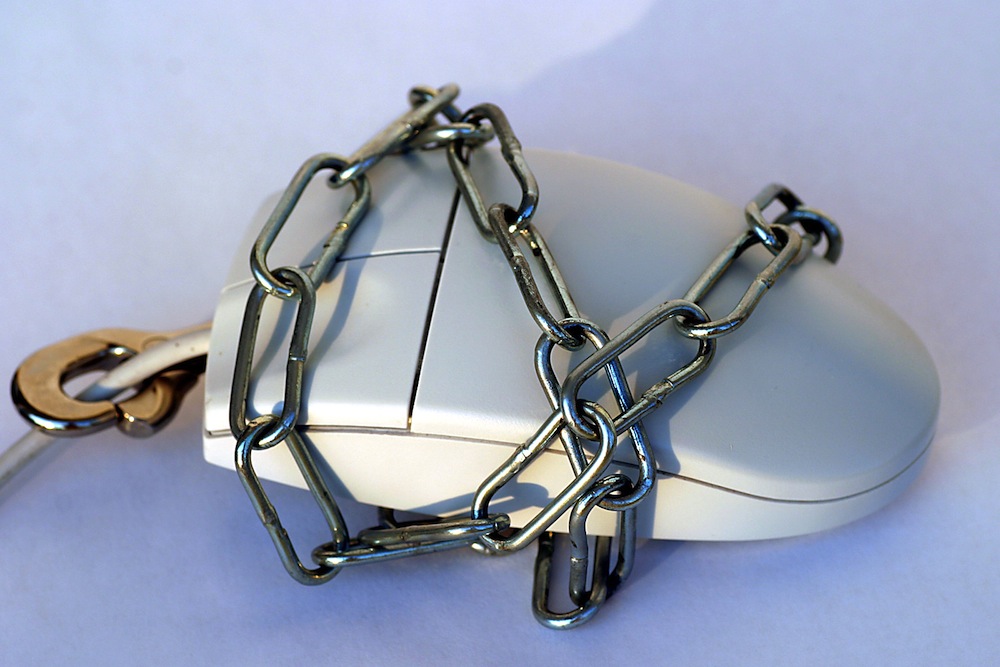The suspension of eighty students from a suburban Sydney high school once again illustrates how careless we often are with passwords and the access to our computers. In an era of Internet banking, online shopping and social media sites holding our personal details, we have to take web security seriously.
In many ways the teacher who let their password slip to their students was lucky. In the United States, authorities haven’t always been so forgiving these sort of mistakes, and in this case the kids and the system administrators were a lot more adult and responsible than their Connecticut counterparts.
What the incident does show is how the weakest points of our technology networks are ourselves – the most secure systems, toughest passwords and best anti-virus protection won’t help us if we don’t take care.
We looked at protecting organisations in an earlier post, Protecting your data, and here’s some steps on how to take care with your personal details.
Shut down computers
When you’re finished working, make sure you log out of email programs, secure sites, social media services and shut your computer down.
In an office context, this is very important if you’re going away for a meeting or a break as people have been known to use co-workers computers to access prohibited sites or sensitive information.
Should you be using Internet cafes, hotel business centres or airport lounges you should be doubly careful to make sure you’ve logged off completely before walking away from the shared computer.
Hide your passwords
As the teacher at Prairiewood High found, your password is gold. Do not divulge it under any circumstances.
Often doing so is almost certainly a breach of your organisation’s Acceptable Use Policy and sometimes this can mean disciplinary action or dismissal from a job. With your online banking, disclosing your password or PIN can mean you won’t be compensated if money is stolen from your account.
Even a seemingly trivial social media site can cause trouble for you if crooks can get onto it.
Having a complex password is good and we look at a neat little trick for memorable but tough passwords in our Protecting Your Data post, it’s worthwhile making sure your logins are both easy to remember while being secure.
Understand your AUP
An AUP, or Acceptable Usage Policy, is part of the conditions of you using a computer or online service. Many government and corporate networks have a box pop up forcing you to agree every time you login. Take time to occasionally read this.
Should you accidentally give away your password, say to a site that’s fooled you that it’s your bank or a social media site, the AUP will usually have a clause or a sentence on what to do in that situation. Understanding this will give you piece of mind if something does happen.
We’re now in an age where our personal information is more valuable than ever before and we need to guard what who has access to it. Passwords are going to be part of protecting our data for some time to come so understanding how to use them properly is essential.

Leave a Reply